Chas J Rockwell compiled a list of handy rules for less experienced orchestral players in The Strad's July 1893 issue
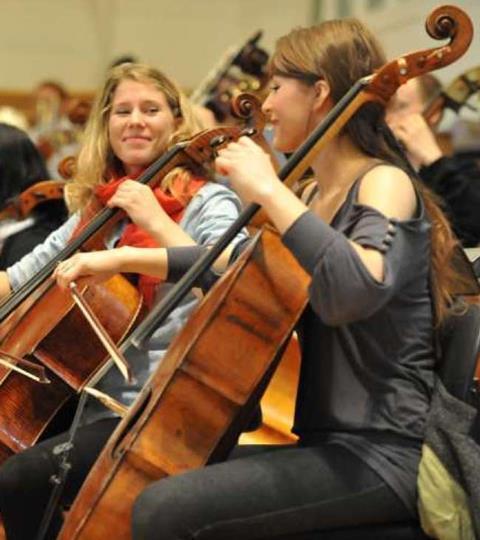
1. Cultivate your sense of hearing. Insist on and see to it that your instrument is in proper tune with itself and the rest of the orchestra.
2. Accustom yourself to playing at sight, but never attempt to play a piece until you have first read it over.
3. Consider it almost criminal to omit or alter anything unless so directed by your leader.
4. Obey your conductor implicitly and in an intelligent manner.
5. Attack a piece briskly. Do not dally nor yet do not play hurriedly or nervously.
6. ‘If all would play a violin we could get no orchestra together. Respect each musician, therefore, in his place.’ – Robert Schumann
7. Love and care for your instrument. Not for itself but for what it may produce, perfect and sweet tones.
8. There is no end of learning.
9. During a performance watch your leader as much as possible. Be quick and always prepared to respond to his each and every gesture.
10. Study your associates and endeavour to accommodate your playing to theirs, as in this manner only can perfect ensemble results be had.
11. Expression, feeling and sensibility are the soul of music. Observe, therefore, the marks of expression as strictly as you do marks of tone, power and key signatures.
12. Never anticipate dynamic marks, play ff boldly up to the pp mark and make the transition sudden if not otherwise directed.
13. Do not exaggerate any variety of expression, such as ritard or accelerando.
14. Do no unnecessary preluding in public. (Clarinet players are perforce not required to observe the above rule, they cannot be kept silent)
15. Remember that the leader is supreme in power. Though he may be no great soloist he is perhaps a fine theorist. In any case he is your superior and you should obey him.
16. Remember the success of the orchestra you are engaged in is also to a large extent your own success. Labour then for the welfare of the organisation, financially and musically.

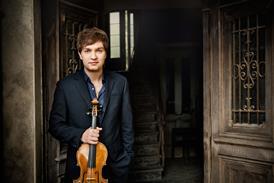


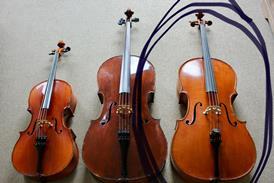
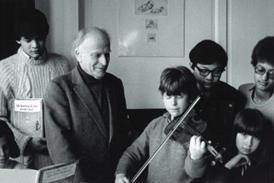




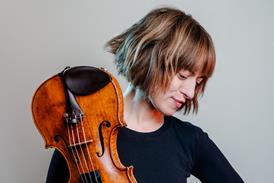

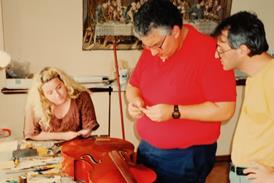
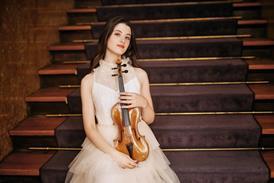












No comments yet